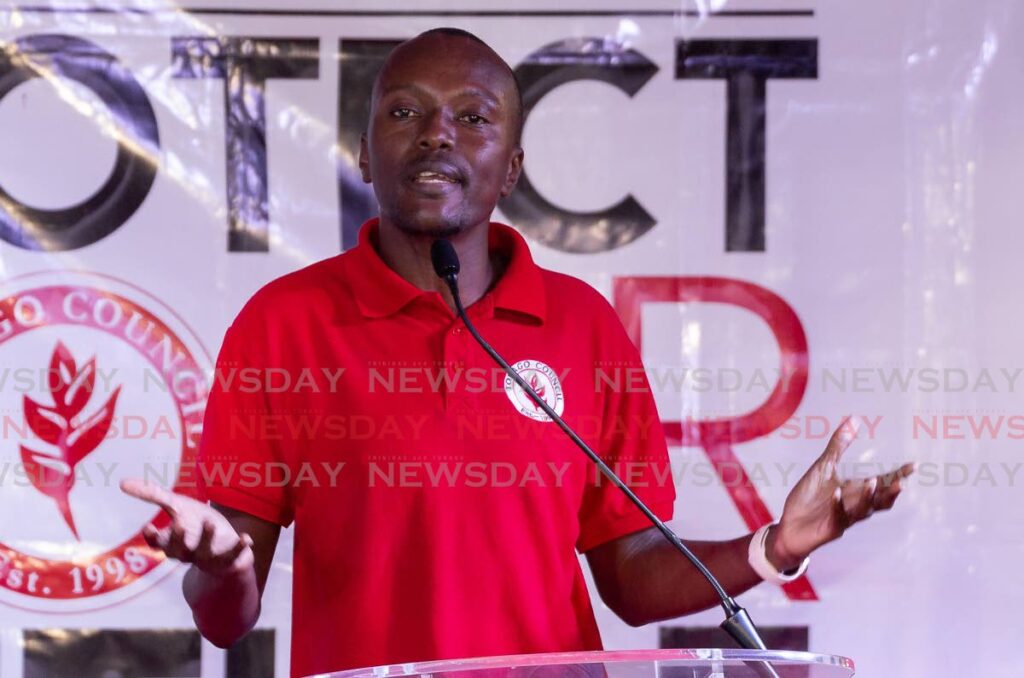The retooling of PNM Tobago

Ancil Dennis, new head of the PNM Tobago Council, took a surprising turn on Tuesday when he apologised to the island’s voters "for some of the things that were done, for some of the things that were said, for the ways in which we operate that were completely unbecoming of the principles upon which the PNM stands."
The PNM in Tobago has a lot to be humble about.
Mr Dennis inherits a PNM engine in Tobago that successfully contested five THA elections – yet found itself disastrously out of touch with the electorate when it was crushed 14-one in the THA elections in December.
Even Mr Dennis himself is not an assemblyman; that honour falls to Kelvon Morris, the Minority Leader.
The rest of the slate of (losing) election candidates and most of the PNM Tobago Council's leadership has either resigned or retired, leaving Mr Dennis and Mr Morris not just to rally the troops, but also to train and orient them.
Mr Dennis has begun by promising to ditch the manifesto-driven ideology of “leaders know best” for an approach that will involve consulting Tobago's civil society. It suggests he is heeding the advice this newspaper offered last week, that leadership should not be a matter of imposing a unilateral will, but must include listening to diverse views – and changing the perception that the party is the creature of a maximum leader.
But the Tobago PNM faces a new obstacle, though one that has precedent.
After ANR Robinson formed the Democratic Action Congress and was successful in Tobago in the 1976 general election, he turned his efforts to resurrecting the assembly, then resigned from Parliament to contest the first THA elections.
By 1984, the DAC was a dominant presence in the THA, winning 11 of the 12 seats then in existence. From that foundation, Mr Robinson formed the National Alliance for Reconstruction, winning the 1986 general election.
There are echoes of this strategy in the PDP's launch in Trinidad.
Mr Dennis also faces the challenge of integrating the presence of Tobago in Parliament in the persons of Ayanna Webster-Roy (Tobago East) and Shamfa Cudjoe (Tobago West). Both also sit in Cabinet, representing a Tobago that has almost completely rejected the PNM – an untidy situation.
How will they represent constituencies that have repudiated their party so resoundingly?
Commanding Tobago’s support has proven critical in the past to overall success in general elections.
Hence in reshaping the party's presence on the island, Mr Dennis must also manage its MPs – now likely to be regarded as having been exported to Trinidad along with Dr Rowley – while working to reclaim a population that has lost its taste for the balisier.

Comments
"The retooling of PNM Tobago"